K-DS
K-DS
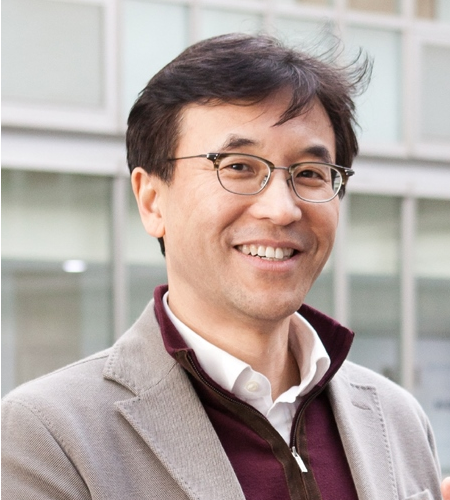
빅데이터 비즈니스 가치 창출
2025년 3월 28일 (금) 오후 2시
조성준 교수님
서울대학교
K-DS 융합인재양성사업단 문의하기
연사소개
서울대학교 조성준 교수님
강연개요
빅데이터 비즈니스 가치 창출
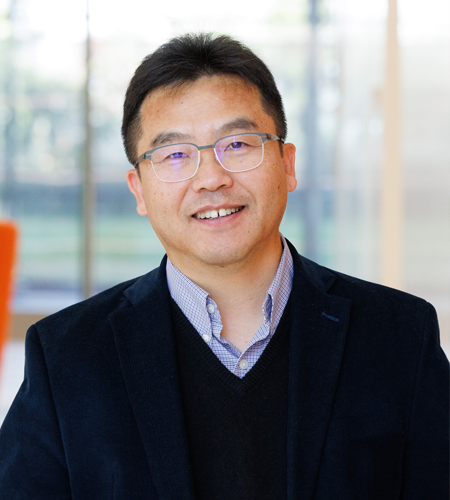
Challenge and Issues in Biomedical Data Analysis
2025년 4월 18일 (금) 오전 10시
Zhezhen Jin, Ph.D.
Columbia University
K-DS 융합인재양성사업단 문의하기
연사소개
Zhezhen Jin, Ph.D.
강연개요
Challenge and Issues in Biomedical Data Analysis
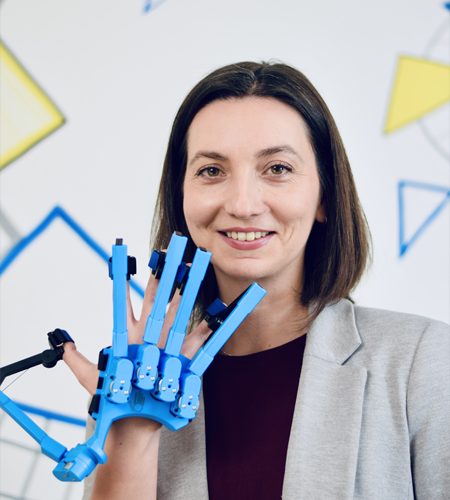
Engineering for Intelligent Robotics
2025년 5월 16일 (금) 오후 4시 30분
Efi Psomopoulou, Ph.D.
University of Bristol
K-DS 융합인재양성사업단 문의하기
연사소개
Efi Psomopoulou, Ph.D.
More information here : https://efi-robotics.com
강연개요
Engineering for Intelligent Robotics
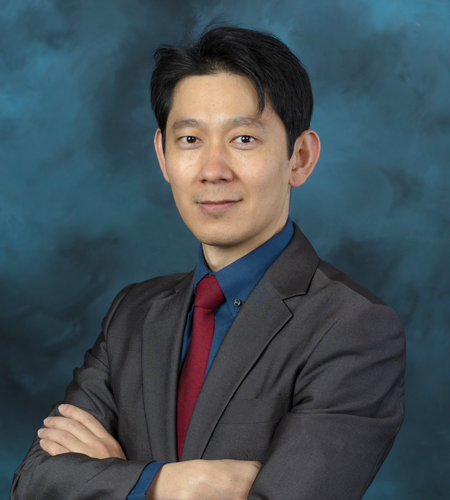
Data Science: From Modeling and Simulation’s Perspective
2025년 5월 30일 (금) 오전 10시
Joon-Seok Kim, Ph.D.
Emory University
K-DS 융합인재양성사업단 문의하기
연사소개
Joon-Seok Kim, Ph.D.
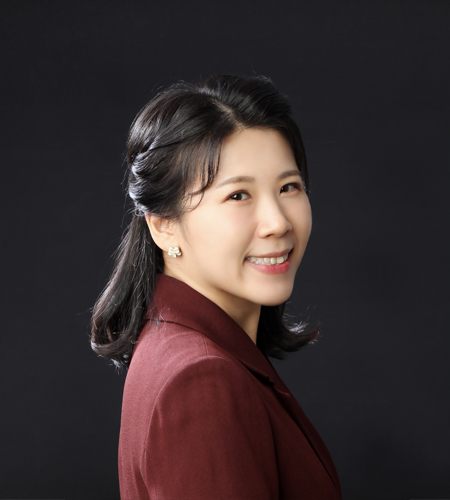
Making Discoveries for Humanity and Society
with Data Science
2024년 3월 29일 (금) 오후 2시
Meeyoung Cha
Professor, KAIST Chief Investigator, IBS Scientific Director, MPI-SP
K-DS 융합인재양성사업단 문의하기
연사소개
Meeyoung Cha
(Current) Professor at School of Computing, KAIST
(Current) Chief Investigator at the Institute for Basic Science (IBS)
(Current) Director, at Max Planck Institute for Security and Privacy (MPI-SP), Germany
(Former) Visiting Professor, Facebook Data Science Team, USA
Received ACM IMC Test-of-Time Award, AAAI ICWSM Test-of-Time Award, MSIT Award
강연개요
Making Discoveries for Humanity and Society with Data Science
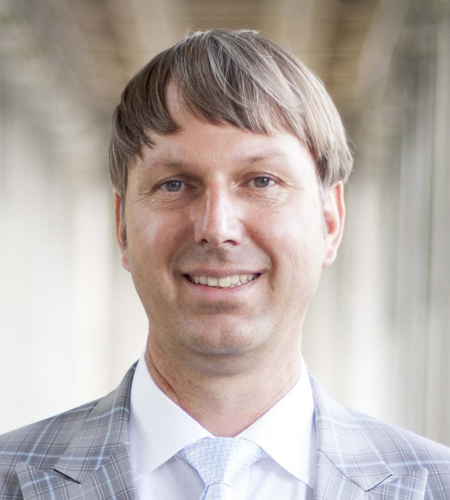
How to Manage Societies Better than Optimal?
2024년 4월 26일 (금) 오후 4시
Dirk Helbing
Professor of Computational Social Science, ETH Zurich
K-DS 융합인재양성사업단 문의하기
연사소개
Dirk Helbing
Professor of Computational Social Science at ETH Zurich
More than 10 Publications in Nature, Science, and PNAS
Recipient of Honorary Ph.D. from TU Delft
Former Director of the Ph.D. School in "Engineering Social Technologies for a Responsible Digital Future" at TU Delft
Active Member of the External Faculty of the Complexity Science Hub Vienna
강연개요
How to Manage Societies Better than Optimal?

Human Mobility Science
2024년 5월 24일 (금) 오전 10시
Gautam Malviya Thakur
Group Leader, Location Intelligence R&D, Oak Ridge National Laboratory
K-DS 융합인재양성사업단 문의하기
연사소개
Gautam Malviya Thakur
(Current) Senior Staff Scientist and founding group leader of the Location Intelligence Group in the Geospatial Science and Human Security Division.
(Former) Deutsche Telekom Research Laboratories, Berlin, on transportation system modeling and understanding the network anatomy of major cities worldwide
(Former) Disney Research Laboratory, Zürich, on activity-driven mobility modeling of guests visiting the Disney theme parks
Research Interests in interconnected topics related to activity-driven human mobility modeling, place-based characterization, multi-scale global land use modeling, passive sensing, and spatially explicit disinformation detection.
Senior member of both ACM and IEEE
강연개요
Human Mobility Science

Frontiers of Collective Intelligence
2024년 6월 7일 (금) 오후 4시
Manuel Cebrián Ramos
Senior Research Scientist, Spanish National Research Council
K-DS 융합인재양성사업단 문의하기
연사소개
Manuel Cebrián Ramos
Current Position: Senior Research Scientist at the Center for Automation and Robotics, Spanish National Research Council; Member of the National Advisory Board for Artificial Intelligence, Spanish Government
Research Focus: Computational Social Science, Network Science, Artificial Intelligence
Past Affiliations: Max Planck Society, Massachusetts Institute of Technology (MIT), Commonwealth Scientific and Industrial Research Organisation (CSIRO), University of California at San Diego, Brown University
Publications: Articles in Science, Nature, and Proceedings of the National Academy of Sciences on computational approaches to societal challenges
Recognition: Research featured in The New York Times, The Economist, The Guardian
강연개요
Frontiers of Collective Intelligence
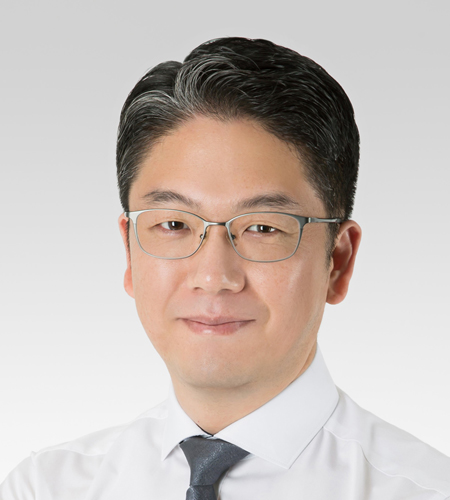
Generative AI meets Vector databases and RAG techniques
2024년 9월 20일 (금) 오후 2시
Dr. Min-Soo Kim
Professor at School of Computing, KAIST
K-DS 융합인재양성사업단 문의하기
연사소개
Dr. Min-Soo Kim
(Current) Professor at School of Computing, KAIST
(Current) Co-Founder and CEO of GraphAI Co. Ltd.
(Current) Vice President, Office of Academic Information, KAIST
(Former) Director of Research Center for Extreme Exploitation of Dark Data, ERC, NRF, Korea
(Former) Professor at Electrical Engineering and Computer Science, DGIST
(Former) Postdoctoral Research Staff, IBM Almaden Research Center, USA
강연개요
Generative AI meets Vector databases and RAG techniques
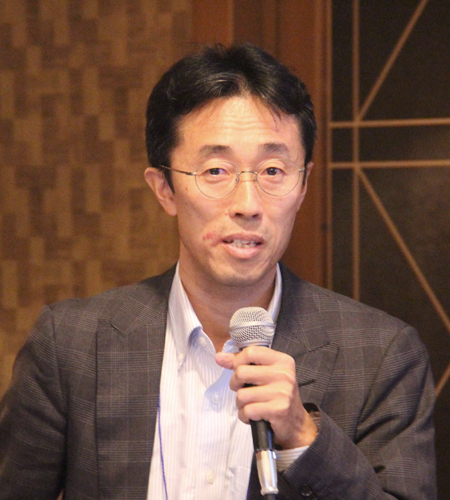
Query optimization in cloud database, and Graph neural networks: techniques and benchmarks
2024년 10월 25일 (금) 오전 10시
Makoto Onizuka
Professor, Graduate School of Information Science and Technology, Osaka University
K-DS 융합인재양성사업단 문의하기
연사소개
Makoto Onizuka
Makoto Onizuka is a Professor at Graduate School of Information Science and Technology, Osaka University. He is the leader of Big data engineering Laboratory and conducts research on graph mining algorithms and AI-driven database query optimization techniques. Prior to joining Osaka University, he worked at Nippon Telegraph and Telephone Corporation (NTT) for more than 20 years being served as a distinguished technical member from 2010 to 2014. He also worked as a visiting scholar at the University of Washington from 2000 to 2001. He developed research prototype systems and some of them were used in production: LiteObject (object-relational main memory database system), XMLToolkit (XML stream engine), CBoC type2 (Common IT Bases over Cloud Computing at NTT), and Grapon (Graph mining techniques). He serves as Director at the database society of Japan (2024-present), Information Processing Society of Japan (2019-2021), Academic committee at Shonan meeting (2016-present), PC co-chair at DASFAA 2024 and KJDB 2024, Publicity co-chair at MIPR 2021, Workshop co-chair at VLDB 2020, Best demonstration award committee at VLDB 2024 and DASFAA 2010, Best paper award committee at DASFAA 2012, and program committee at international conferences, including VLDB(2009-2010 industrial track, 2024 demonstration track), SIGMOD(2018, 2020), ICDE(2015 industrial track, 2023 demonstration track), AAAI(2021-2025), NeurIPS(2022-2025), ICLR(2024), IJCAI(2023-2024), ICML(2023-2024), ECML(2022, 2024), CIKM(2017-2018,2020-2023), DASFAA(2010-2016,2020-2023).
강연개요
Query optimization in cloud database, and Graph neural networks: techniques and benchmarks
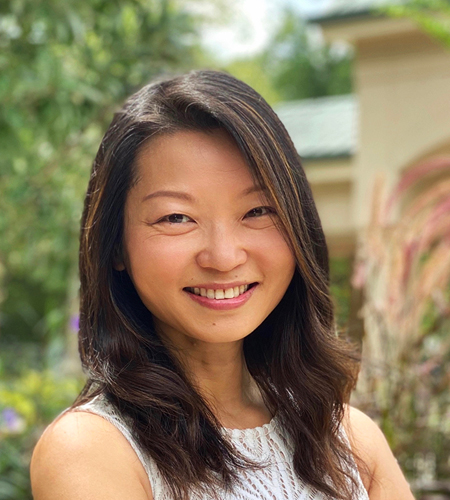
Privacy in the Age of AI and Large Language Models
2024년 11월 22일 (금) 오전 10시
Professor Li Xiong
Samuel Candler Professor of Computer Science and Biomedical Informatics, Emory University
K-DS 융합인재양성사업단 문의하기
연사소개
Professor Li XIONG
Li Xiong is a Samuel Candler Professor of Computer Science and Biomedical Informatics at Emory University. She has a Ph.D. from Georgia Institute of Technology, an MS from Johns Hopkins University, and a BS from the University of Science and Technology of China. Her research lab, Assured Information Management and Sharing (AIMS), conducts research on trustworthy and privacy-enhancing data-driven AI solutions for healthcare, public health, and spatial intelligence. She is recognized as an IEEE fellow for her contributions on privacy-preserving and secure data sharing and analytics. She has published over 200 papers and received six best paper or runner up awards. She has served and serves as associate editor for TKDE, TDSC, VLDBJ, general or program chair for SIGSPATIAL, CIKM, BigData, and program vice chair for SIGMOD, VLDB, and ICDE. Her research has been supported by both governments (NSF, NIH, IARPA, AFOSR) and industry/foundations (Mistubishi, Cisco, AT&T, Google, IBM). More details are at http://www. cs.emory.edu/~lxiong.
강연개요
Privacy in the Age of AI and Large Language Models
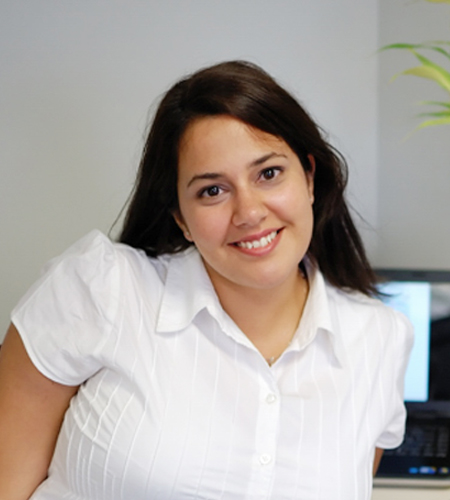
Under the Ground, Over the Oceans, and through the Space: Exploring the World with Imaging Beyond the Visible Spectrum.
2024년 12월 13일 (금) 오후 4시
Professor Seniha Esen Yuksel
Department of Electrical and Electronics Engineering, Hacettepe University
K-DS 융합인재양성사업단 문의하기
연사소개
Professor Seniha Esen Yuksel
Dr. Seniha Esen Yuksel received her Ph.D. degree from the University of Florida, Department of Computer Information, Science and Engineering, USA in 2011. Currently, she is an associate professor at Hacettepe University, Department of Electrical and Electronics Engineering. She also serves as the director of the Pattern Recognition and Remote Sensing Laboratory (PARRSLAB), where her research focuses on machine learning and computer vision utilizing sensors that extend beyond the visible spectrum, such as hyperspectral, radar, X-ray, thermal, SAR, and LiDAR. Dr. Yuksel is recognized as an IEEE Senior member and has been honored with the BAGEP Outstanding Young Scientist Award by the Science Academy. She has contributed to the scientific community by authoring or coauthoring over 100 articles published in peer-reviewed journals and conferences.
강연개요
Under the Ground, Over the Oceans, and through the Space: Exploring the World with Imaging Beyond the Visible Spectrum.